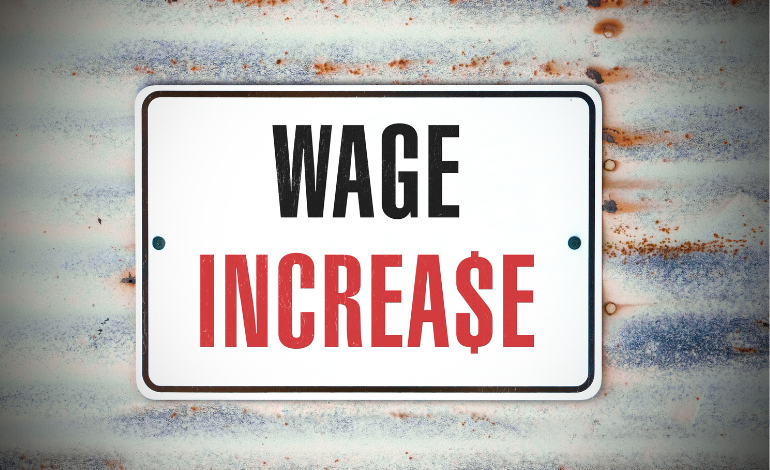Effective 1 April 2025, Fiji’s national minimum wage increased from $4.50 to $5.00 per hour, in a move that the government describes as a commitment to improving living standards and ensuring fair compensation for all workers. The decision comes following a review by the Ministry of Employment, Productivity and Industrial Relations, which undertook extensive consultations with unions, employer groups, and economic stakeholders before making the adjustment.
This is the second such increase in less than 18 months, reflecting the government’s responsiveness to the rising cost of living and inflationary pressures. According to the Ministry, the new rate is designed to help low-income earners meet their basic needs while maintaining a balance that allows employers—particularly in the small business sector—to remain viable.
In addition to the across-the-board increase, ten sectors covered under the National Minimum Wages Regulations saw their industry-specific wages rise above the new base rate. These include key sectors such as building and civil engineering, hotel and catering, manufacturing, mining and quarrying, sawmilling and logging, security services, and wholesale and retail trade.
Minister for Employment Agni Deo Singh said the government is committed to ensuring that wage policies are regularly reviewed to align with economic realities. “The minimum wage is not a static figure,” he noted. “It must reflect the changing cost of living, productivity, and the nation’s economic health.”
Business groups have expressed mixed reactions. While some employers voiced concerns about increased operational costs, others—particularly in the formal sector—welcomed the clarity and structure that periodic wage reviews provide. Worker advocates, including the Fiji Trades Union Congress, have praised the move as a long-overdue adjustment in favour of working families.
The wage hike is expected to have a positive ripple effect on the economy through increased household consumption, though it also places new expectations on employers to comply with wage enforcement mechanisms.



